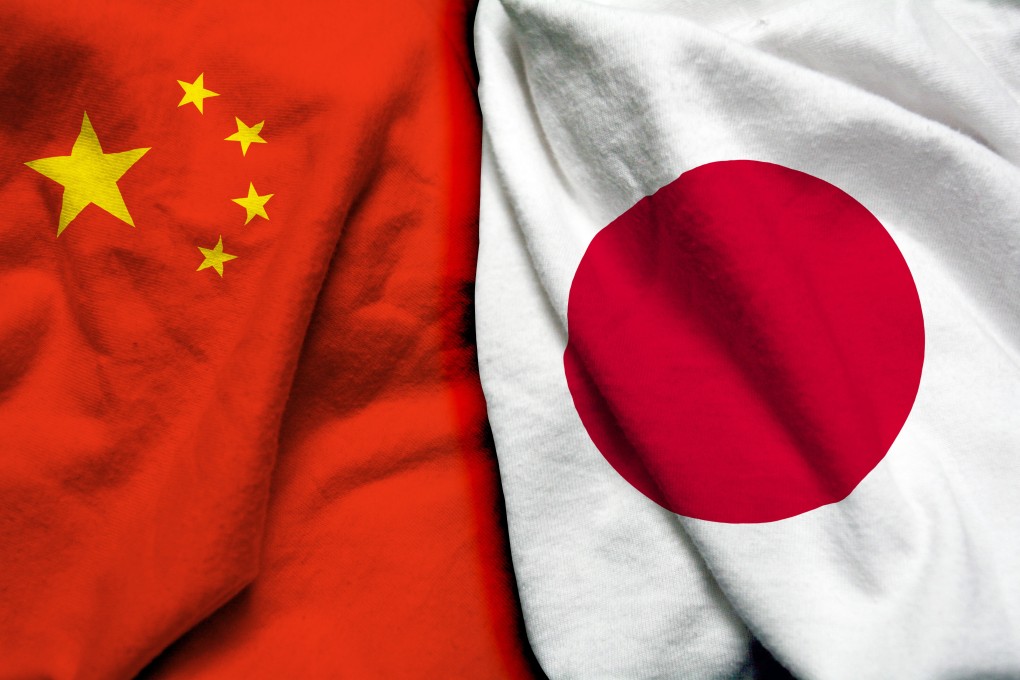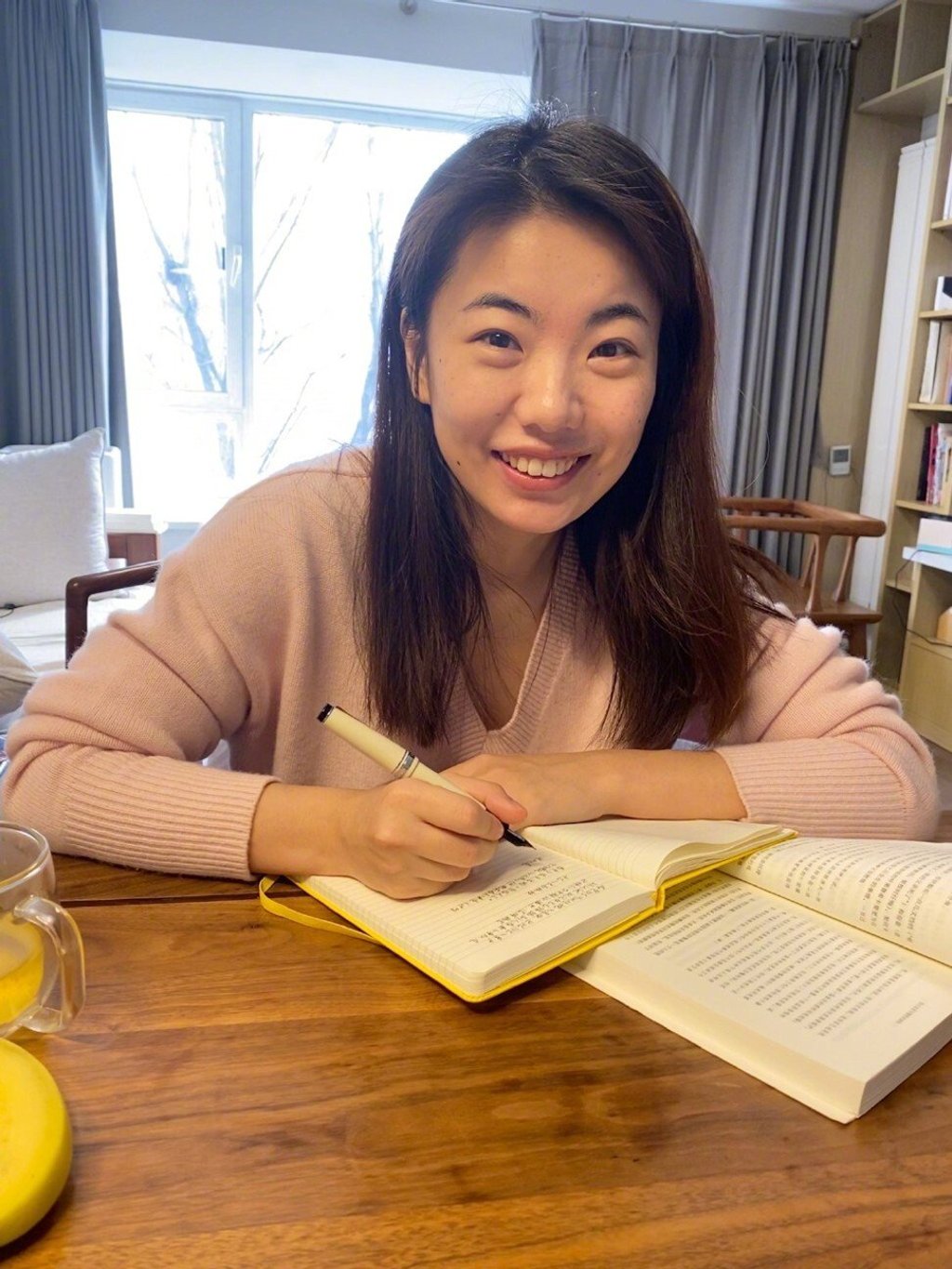Advertisement
Chinese intellectuals called traitors online for Japan exchange visits
- Trips were organised and paid for by the Japan Foundation, partly funded by the Japanese government
- Some criticise the Chinese participants for helping to promote Japan, but analyst draws parallel with China’s Confucius Institutes
Reading Time:2 minutes
Why you can trust SCMP
21

Nearly 200 Chinese intellectuals who took part in a Japanese government-affiliated exchange programme have been branded “traitors” on Chinese social media, reflecting rising nationalistic sentiment in China.
They were sponsored to visit Japan by the Japan Foundation, which is overseen by the Japanese foreign ministry and funded by government subsidies, investment revenue and private sector donations.
The programme was started in 2008 to improve exchanges between the two countries, with 196 Chinese intellectuals having been sponsored as of 2019, the ministry said.
Advertisement
But participants have been criticised by some people online, after the visits recently came to their attention. He Bing, a professor at the China University of Political Science and Law, writers Jiang Fangzhou and Xiong Peiyun, and journalist Duan Hongqing were among those targeted.
Advertisement
Jiang was accused of promoting Japanese propaganda through her 2017 book One Year in Tokyo.
Advertisement
Select Voice
Select Speed
1.00x
